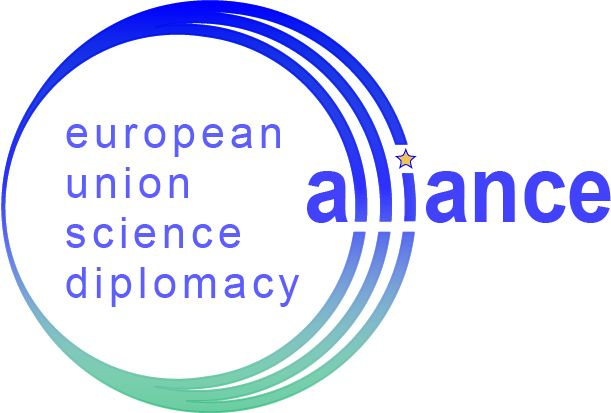Histoire et diplomatie scientifique (Histoire, Europe et relations internationales 2022/2 (N° 2) Coordinated by Léonard Laborie This special issue on history and science diplomacy is published in French, but contains highly interesting contributions in English language. Among the team of authors are
Dispatches from the South China Sea: Navigating to Common Ground
Synopsis: The impact of continuous coastal development, reclamation, destruction of corals, overfishing and increased maritime traffic places all of us on the front lines of preserving our oceans. Marine biologists, who share a common language that cuts across political, economic
WSDS21 Student Takes: Science Diplomacy against Neocolonialism in Field Research
’WSDS Student Takes’ is a two-edition series in 2020 and 2021 written by alumni of InsSciDE’s Warsaw Science Diplomacy School in the weeks and months following their completion of the program. This article is by WSDS 2021 alumni who belonged
WSDS21 Student Takes: Space diplomacy then and now
WSDS Student Takes’ is a two-edition series in 2020 and 2021 written by alumni of InsSciDE’s Warsaw Science Diplomacy School in the weeks and months following their completion of the program. This article is by WSDS 2021 alumni who belonged
WSDS21 Student Takes: ITER – SD success or failure?
WSDS Student Takes’ is a two-edition series in 2020 and 2021 written by alumni of InsSciDE’s Warsaw Science Diplomacy School in the weeks and months following their completion of the program. This article is by WSDS 2021 alumni who belonged
Science Diplomacy and Soviet-American Academic and Technical Exchanges
The 1958 Lacy-Zarubin agreement on cultural, educational and scientific exchanges marked decades of people-to-people exchanges between the United States and the Soviet Union. Despite the Cold War tensions and mutually propagated adversarial images, the exchanges had never been interrupted and
Innovation Diplomacy: A New Concept for Ancient Practices?
This essay questions the concept of innovation diplomacy to determine its true perimeter and its different dimensions. To this end, it quickly addresses the strong points of an argument that appeared in the second half of the 2000s and which
Science and Diplomacy around the Earth: From the Man and Biosphere Programme to the International Geosphere-Biosphere Programme
In this article we discuss two phases in the evolution of global environmental programs, namely the Man and Biosphere Programme and the International Geosphere-Biosphere Programme, with the aim of showing their hidden diplomatic ambitions from both US and Soviet perspectives.
The (Science Diplomacy) Origins of the Cold War
The US monopoly of information regarding nuclear weapons was one of the distinctive features of the early Cold War. It encouraged US officials to bolster their country’s hegemonic role in post-war affairs, something that scholars have previously referred to in
Just Needham to Nixon? On Writing the History of “Science Diplomacy”
This introduction examines the growing interest in science diplomacy and the parallel lack of in-depth historical studies on this new concept. In particular, we first show how the recent attention toward science diplomacy has led to a proliferation of hagiographic

